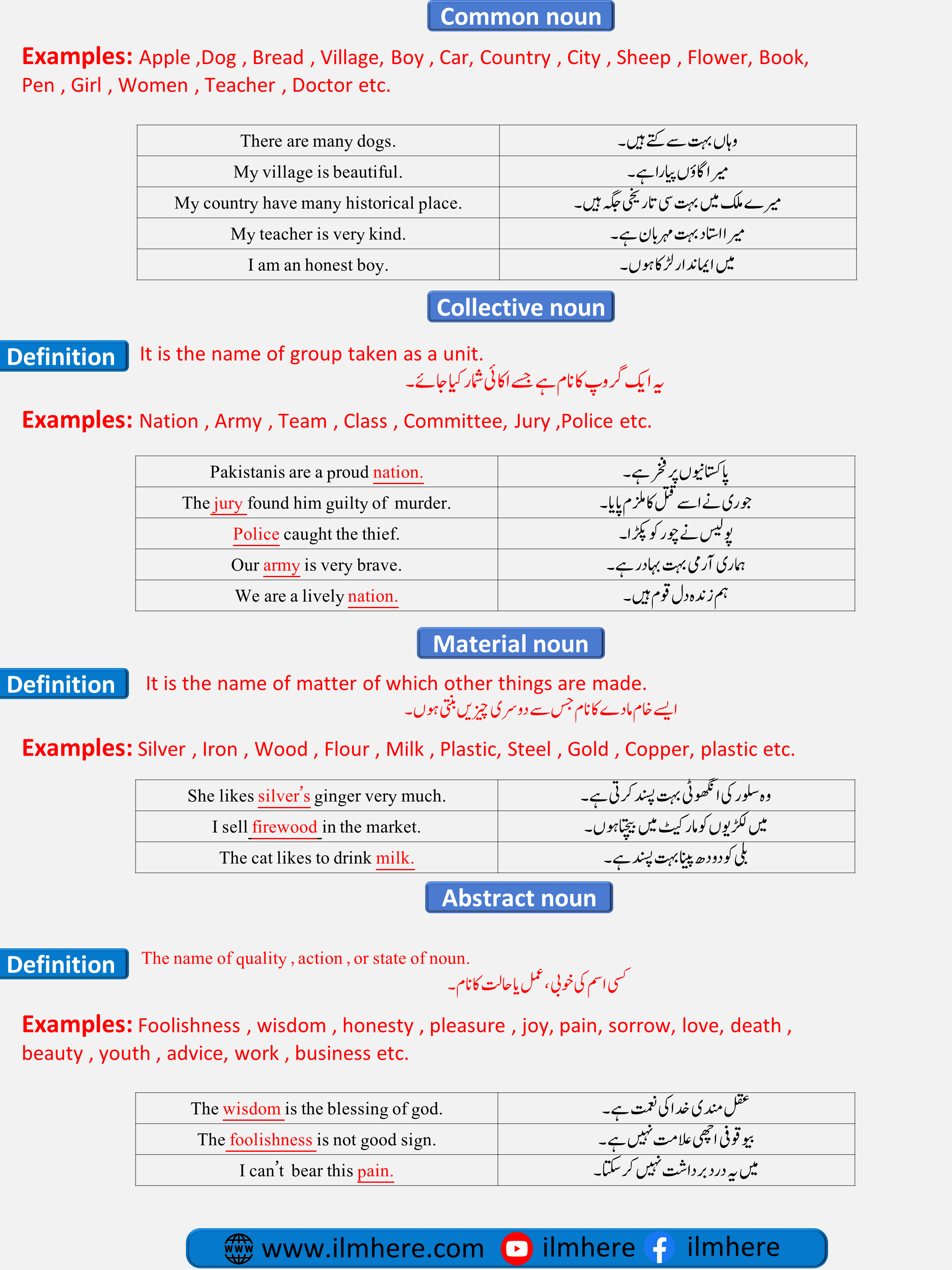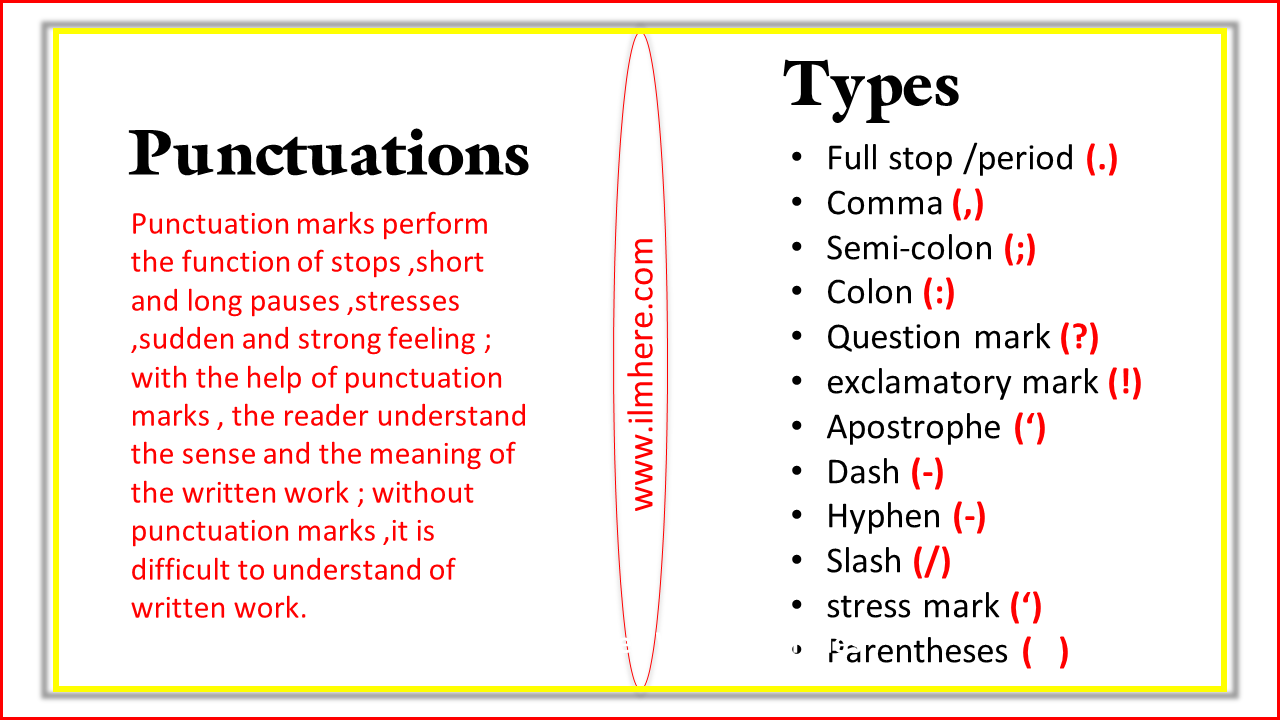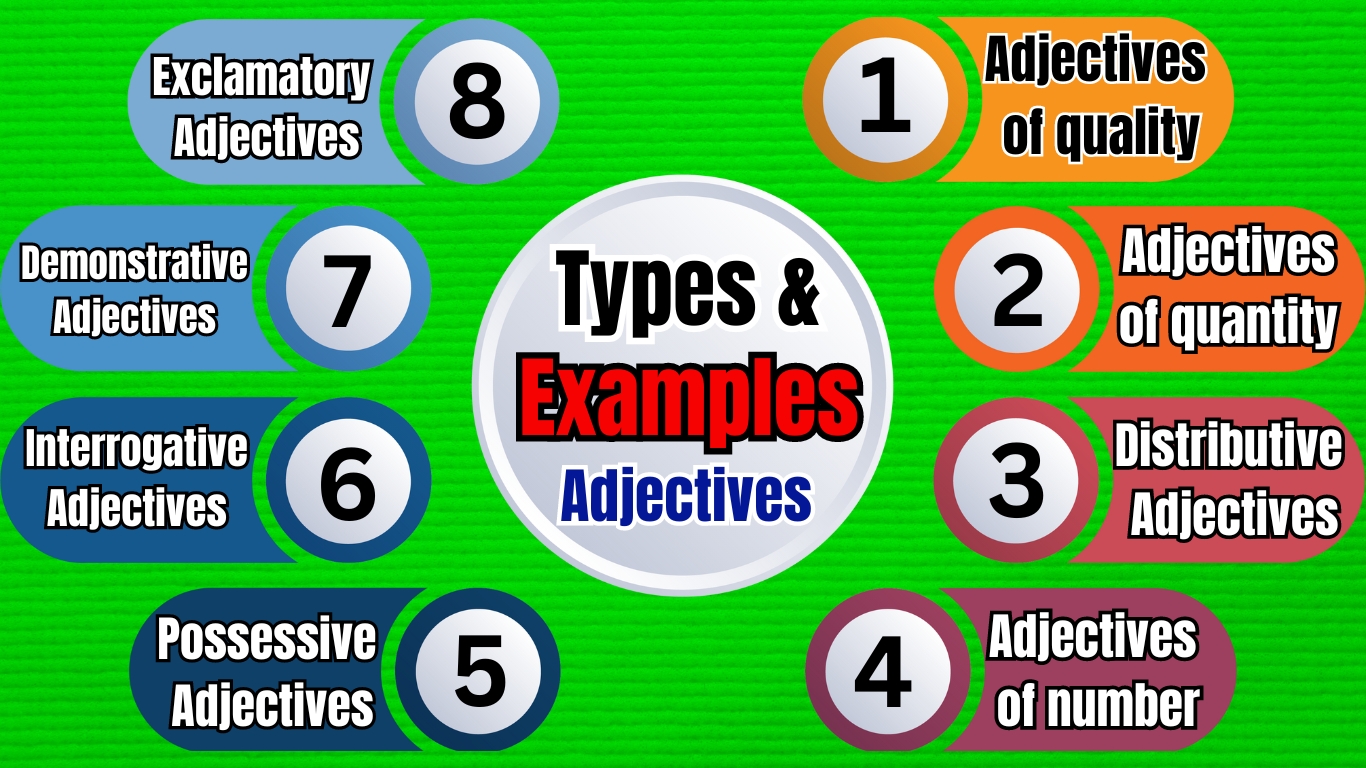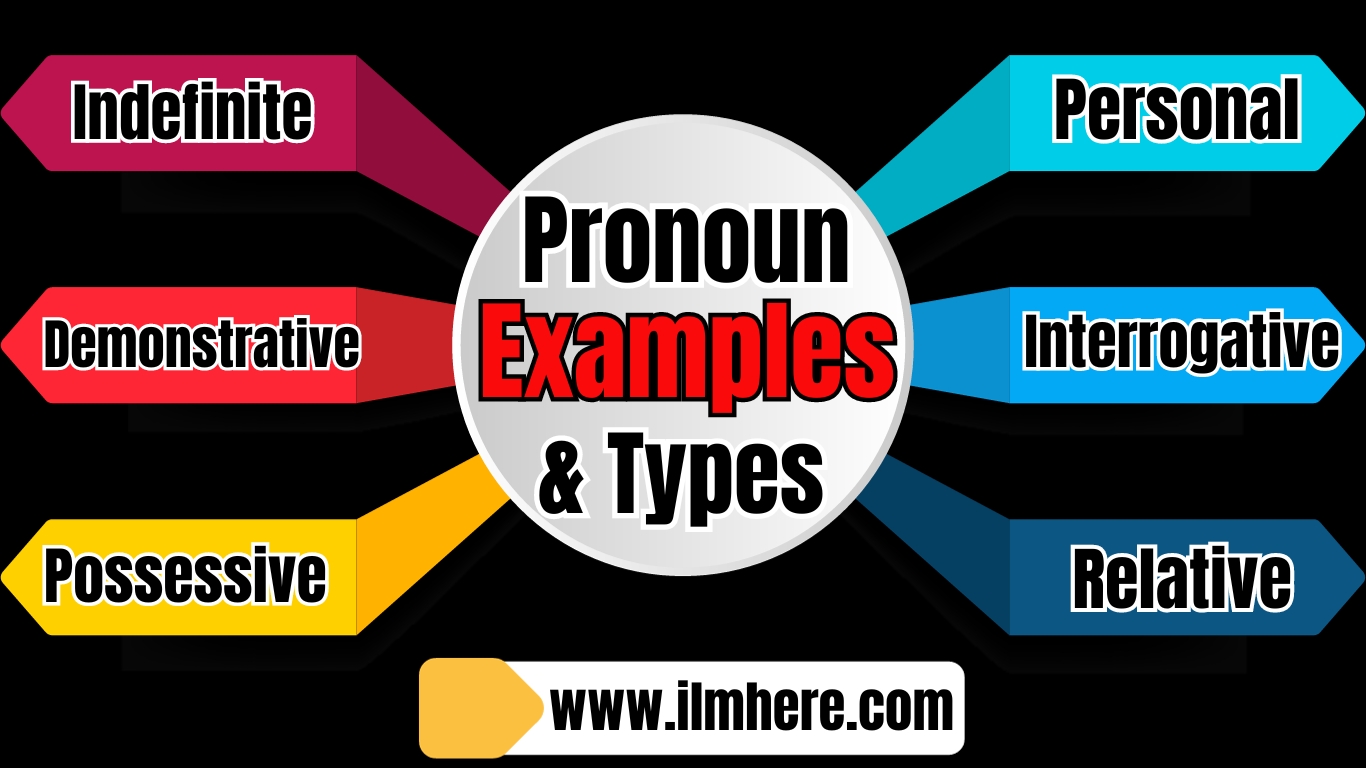What Is Noun and Types of Noun With Examples in Urdu and English | PDF Download
If you are looking to improve your understanding of nouns, this article is for you. We will explain what nouns are and the different types of nouns with examples in both Urdu and English.
Nouns: Understanding the Definition and Types with Examples
Nouns are one of the basic building blocks of language. A noun is a word that refers to a person, place, thing, or idea. Without nouns, our language would lack meaning and context. There are many different types of nouns, and understanding them is essential for clear and effective writing. In this article, we will explore the definition of nouns and examine the different types of nouns that exist.
We will also provide examples of each type to help you better understand how they function in sentences. By the end of this article, you will have a better grasp of the role of nouns in language and be able to use them more effectively in your writing. Whether you are a student, a professional, or simply someone looking to improve your language skills, understanding the different types of nouns is crucial.
Definition of Nouns In Urdu
The name of a person, a place, or a thing is called the noun A noun is a naming thing.
| کسی شخص ، چیز یا جگہ کا نام کو ناؤن کہاجاتا ہے یا ناؤن کسی چیز کا نام ہے۔ |
E.g: Ali, Lahore, Fan, Book, Beauty, Honesty, Apple, Dog, Doctor…….etc.
Nouns Examples
Here are some other examples of nouns in Urdu and English.
| Urdu Nouns | English Nouns |
| کتاب | Book |
| مدرسہ | School |
| پھول | Flower |
| معلم | Teacher |
| شہر | City |
| گھر | House |
| کمپیوٹر | Computer |
| خوشی | Happiness |
Example Of Nouns In Urdu With Sentences
- Ali went to Lahore to buy books.
- Bilal went to the bazaar.
- She has a watch.
- This dog is beautiful.
- I want to eat an apple.
- This doctor is an honest person.
5 Types of Nouns In Urdu
- Proper noun
- Common noun
- Collective noun
- Material noun
- Abstract noun
Definition of Proper Nouns In Urdu
It is the name of a particular person, place, or thing that is called a proper noun.
| یہ لفظ کسی خاص شخص ، جگہ یا چیز کا نام ہے۔ |
Examples Of Proper Nouns In Urdu
| Pakistan (Country) | کسی ملک کا نام |
| Bilal (A person) | کسی شخص کا نام |
| Karachi ( A city) | کسی شہر کا نام |
| Holy Quran (A book) | کسی کتاب کا نام |
OR
| Pakistan is so a beautiful country. | پاکستان بہت خوبصورت ملک ہے۔ |
| Bilal is a handsome boy. | بلال خوبصورت لڑکا ہے |
| Karachi is a wonderful city. | کراچی حیرت انگیز شہر ہے |
| All Muslims recite the Holy Quran. | سب مسلمان قرآن کی تلاوت کرتے ہیں۔ |
Definition Of Common Noun In Urdu
A word that denotes a common person, place, or thing is called a common noun.
| جو لفظ کسی عام شخص، جگہ یا چیز کو ظاہر کرے وہ اسم نکرہ کہلاتا ہے۔ |
E.g: Apple, Dog, Bread, Village, Boy, Car, Country, City, Sheep, Flower, Book, Pen, Girl, Woman, Teacher, Doctor, etc.
Examples Of Common Nouns In Urdu
- There are many dogs.
- وہاں بہت سے کتے ہیں۔
- My village is beautiful.
- میرا گاؤں پیارا ہے۔
- My country has many historical places.
- میرے ملک میں بہت سی تاریخی جگہ ہیں۔
- My teacher is very kind.
- میرا استاد بہت مہربان ہے ۔
- I am an honest boy.
- میں ایماندار لڑکا ہوں۔
Definition Of Collective Noun In Urdu
It is the name of the group taken as a unit.
| یہ ایک گروپ کا نام ہے جسے اکائی شمار کیا جاتا ہے۔ |
E.g: Nation, Army, Team, Class, Committee, Jury, Police, etc.
Examples Of Collective Nouns In Urdu
- Pakistanis are a proud nation.
- پاکستانیوں پر فخر ہے۔
- The jury found him guilty of murder.
- جوری نے اسے قتل کا ملزم پایا ۔
- Police caught the thief.
- پولیس نے چور کو پکڑا۔
- Our Army is very brave.
- ہماری آرمی بہت بہادر ہے۔
- We are a lively nation.
- ہم زندہ دل قوم ہیں۔
Definition Of Material Noun In Urdu
It is the name of matter of which other things are made.
| ایسے خام مادے کا نام جس سے دوسری چیزیں بنتی ہوں۔ |
E.g: Silver, Iron, Wood, Flour, Milk, Plastic, Steel, Gold, Copper, plastic, etc.
Examples Of Material Nouns In Urdu
- She likes silver ginger very much.
- وہ سلور کی انگھوٹی بہت پسند کرتی ہے۔
- I sell firewood in the market.
- میں لکڑیوں کو مارکیٹ میں بیچتا ہوں۔
- The cat likes to drink milk.
- بلی کو دودھ پینا بہت پسند ہے۔
Definition Of Abstract Nouns In Urdu
The name of quality, action, or state of the noun.
| کسی اسم کی خوبی ، عمل یا حالت کا نام۔ |
E.g: Foolishness, wisdom, honesty, pleasure, joy, pain, sorrow, love, death, beauty, youth, advice, work, business, etc.
Examples Of Abstract Nouns
- Wisdom is the blessing of God.
- عقل مندی خدا کی نعمت ہے۔
- The foolishness is not a good sign.
- بیوقوفی اچھی علامت نہیں ہے ۔
- I can’t bear this pain.
- میں یہ درد برداشت نہیں کرسکتا۔
Conclusion Of Nouns In Urdu
In conclusion, understanding nouns are crucial for effective communication in Urdu. In this article, we have discussed the five types of nouns in Urdu, their definitions, and provided examples for each type. By understanding these different types of nouns, you can improve your Urdu writing and speaking skills.
5 Types Of Nouns In Urdu PDF Download
As we have discussed in detail What Is a Noun and what Types of Noun With Examples in Urdu and English in the above article. Make your time valuable and get a PDF of English Vocabulary without wasting time by clicking on the link below. for more interesting English vocabulary sentences visit this link.









